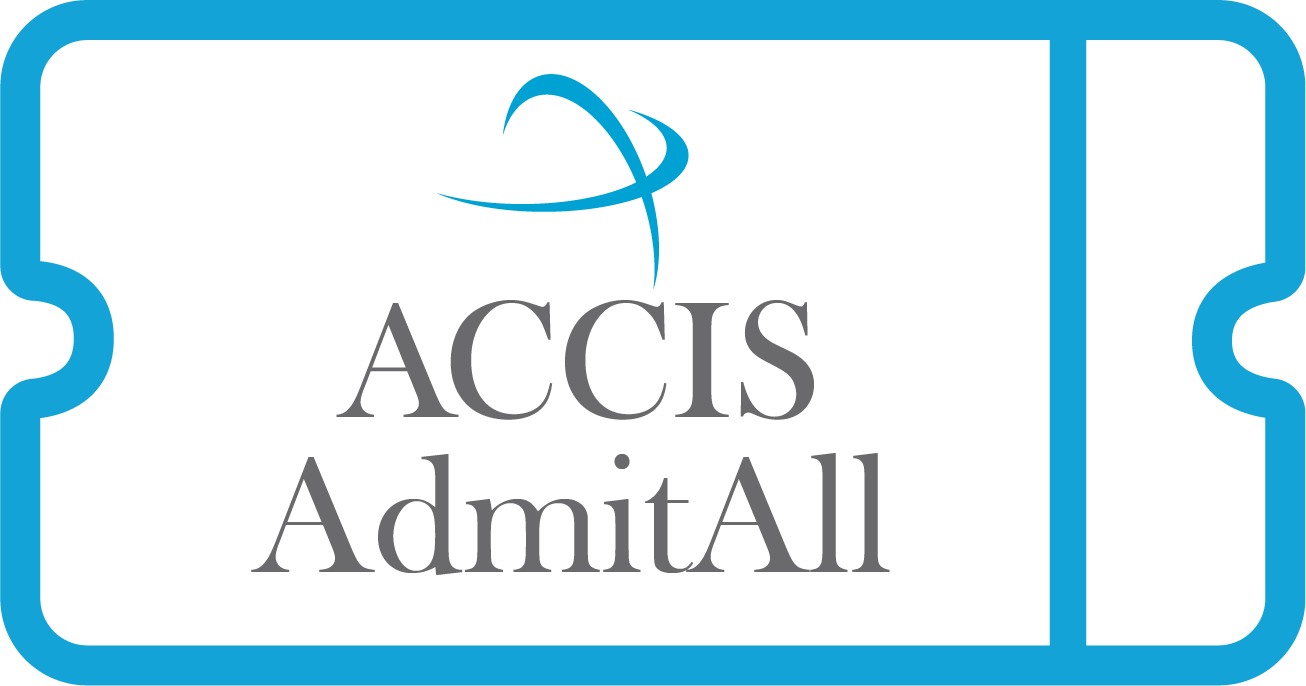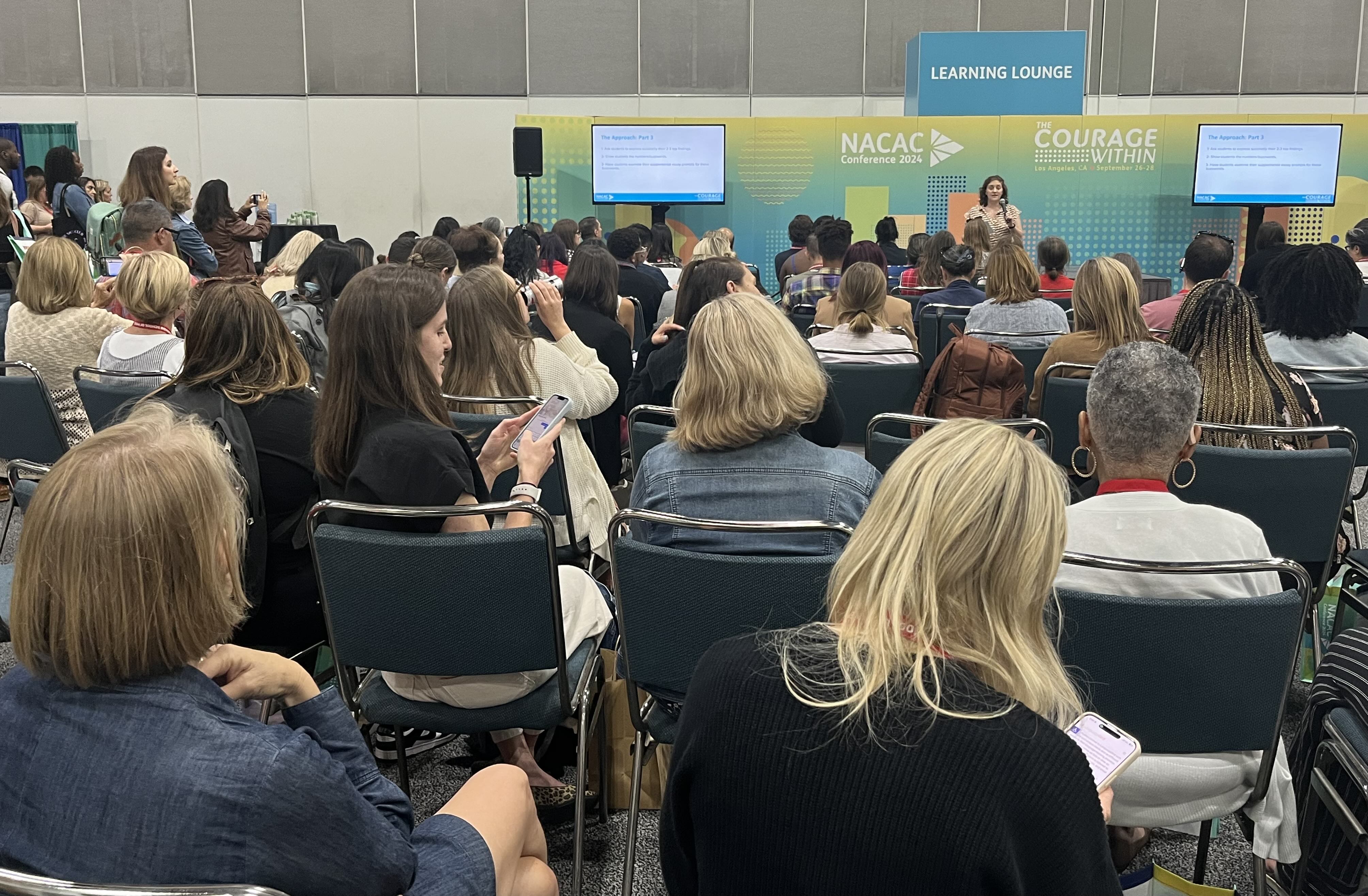Articulating Self-Truths: Preparing Students for the Application Process and Beyond

Articulating Self-Truths: Preparing Students for the Application Process and Beyond
Carolyn Siegel, Pinewood School
March 19, 2025
My 15 years as a language teacher lie at the core of my identity as an educator. Through these experiences, I grew committed to fostering intercultural communicative competence, which the American Council of Teaching Foreign Languages describes as the “accumulation of individual experiences and the quality of reflection on those experiences [to] pave the path to growth.” In my language teaching, I devoted time and space for students to reflect on their social identities and how these identities might connect with the cultures and topics that we studied. Now, as a college counselor, I continue to emphasize reflection as I encourage students to consider who they are and what aspects of their identity and life experience they choose to share in the college application process.
 Last fall at NACAC, while presenting “Below the Water’s Edge: A Reflective Deep Dive to Aid Students’ Supplemental Essay Writing,” I felt immense hope as I witnessed the enthusiastic nods from attendees. We know that many selective and highly selective institutions in the United States emphasize holistic review in their admissions process. A student’s ability to engage in diverse communities has become an increasingly prized attribute. Just as grades are a strong predictor of future academic success, a student’s capacity to thrive in diverse environments is best conveyed by how effectively they articulate their unique perspectives and backgrounds during the application process.
Last fall at NACAC, while presenting “Below the Water’s Edge: A Reflective Deep Dive to Aid Students’ Supplemental Essay Writing,” I felt immense hope as I witnessed the enthusiastic nods from attendees. We know that many selective and highly selective institutions in the United States emphasize holistic review in their admissions process. A student’s ability to engage in diverse communities has become an increasingly prized attribute. Just as grades are a strong predictor of future academic success, a student’s capacity to thrive in diverse environments is best conveyed by how effectively they articulate their unique perspectives and backgrounds during the application process.
At this pivotal moment in their high school trajectories, students are ripe for reflection. By guiding them through a reflective process of examining their social identities, we can help them identify what aspects of their life experiences are most meaningful for their personal growth and engagement within the diverse communities that await them. In The Complexity of Identity: ‘Who am I?’ Beverly Daniel Tatum—former President of Spelman College and well-known for her books on racism—makes two points that have profoundly impacted my thinking. First, she notes that “the parts of our identity that do capture our attention are those that other people notice, and that reflect back to us” (8). In other words, students may instinctively focus on their dominant identities because these are the most visible to those around them. Second, Tatum suggests that “to the extent that one can draw on one's own experience of subordination […] it may be easier to make meaning of another targeted group’s experience” (9). By reflecting on the influence of both their dominant and subordinate identities on their worldview, students can gain a deeper sense of what is meaningful to them, prepare to convey this effectively in the college admissions process, and cultivate an awareness of how their social identities may factor into their engagement in higher education and beyond.
As a college counselor, I feel deeply privileged to partake in this exchange, built on trust, when students confide about their social identities and share their evolving, unpolished stories. Many are eager to engage, often motivated by the belief that this openness will strengthen their college applications. I agree with this motivation, and I believe that, as their companions in this journey, it is incumbent upon us to guide students toward articulating these self-truths not only for the application process but also for the world beyond the safety and comfort of our schools.
Since September, I’ve received several emails about the content of this presentation. If you attended and have used any of the ideas or materials, I welcome your feedback! If you would like to learn more about my approach, please check out the materials I shared at NACAC.
Tatum, Beverly Daniel. “The Complexity of Identity: ‘Who Am I?’” Readings for Diversity and Social Justice, edited by Maurianne Adams, et al., 4th ed., Routledge, 2018, pp. 7-9.
